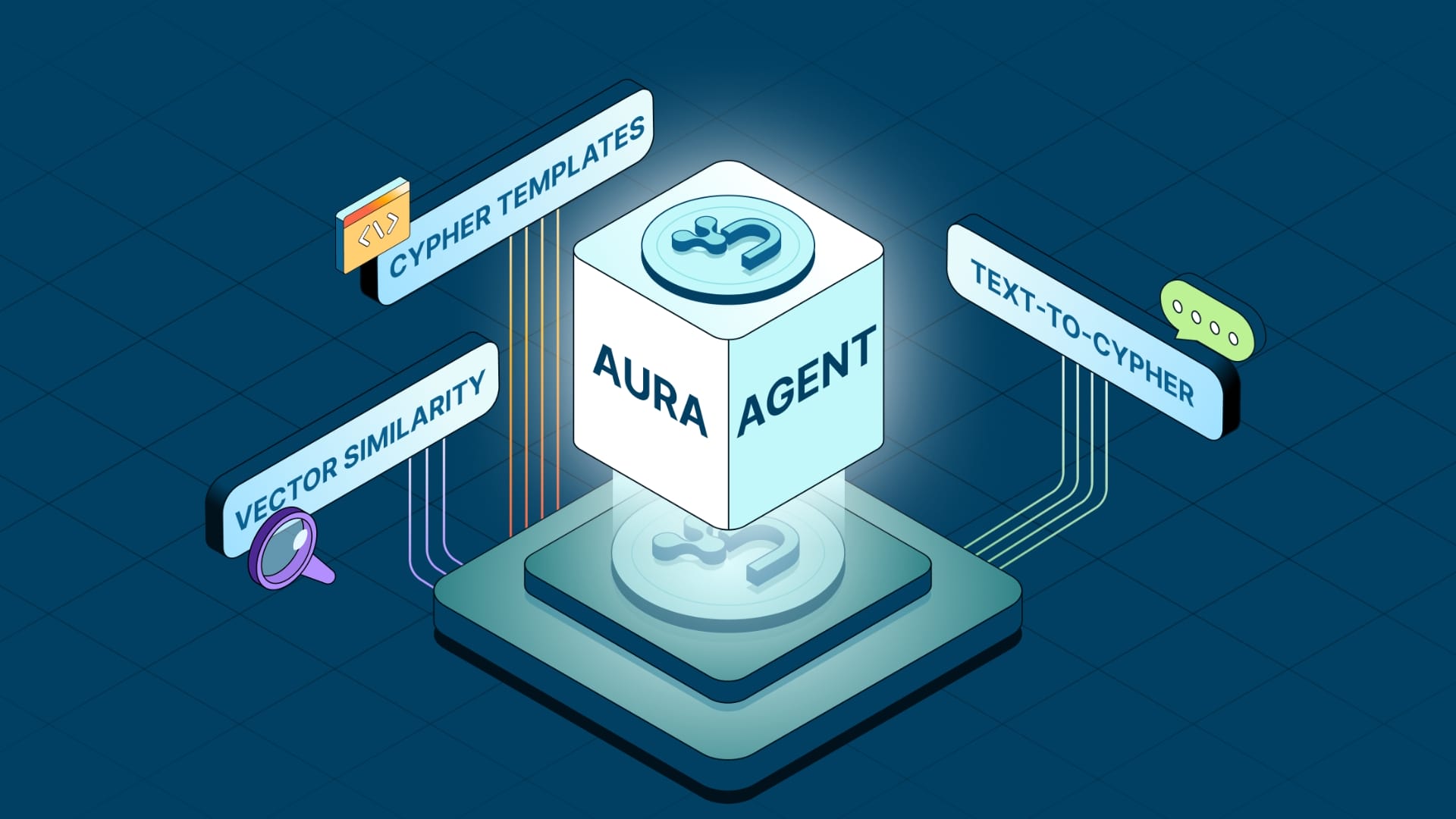Neo4j invests US$100 million in generative AI and launches new agentic AI products
Neo4j invests $100M to expand its generative AI offerings, launch new agentic tools and support 1,000 AI-native startups worldwide.

Neo4j has announced a US$100 million investment to strengthen its position as a core technology provider for agentic systems and generative AI (GenAI). The funding supports new product development and one of the largest startup programmes for AI-native companies, aiming to help 1,000 startups worldwide over the next year.
Table Of Content
The move comes as many enterprises struggle to advance GenAI beyond pilot phases. Research from MIT shows that 95% of pilots fail to deliver meaningful returns, often due to a lack of context and memory in AI models. Neo4j positions itself as the infrastructure layer that can address these gaps by providing contextual reasoning and persistent memory.
“Agentic systems are the future of software. They need contextual reasoning, persistent memory, and accurate, traceable outputs, all of which graph technology is uniquely designed to deliver,” said Emil Eifrem, co-founder and chief executive of Neo4j. “This investment allows us to advance that vision faster.”
New offerings to simplify AI agent development
Neo4j unveiled two products aimed at reducing the complexity of building intelligent AI agents with access to enterprise data. Neo4j Aura Agent, now in early access, helps users design, test and deploy AI agents directly on their data within minutes. The platform automates orchestration and operations for graph-based knowledge retrieval and is expected to become generally available in the fourth quarter of 2025.
The company also introduced the Model Context Protocol (MCP) Server for Neo4j, which integrates graph-based memory and reasoning into existing AI applications. It enables natural language querying, auto-generated graph models, memory persistence and automated management of Neo4j AuraDB instances. A fully supported version is planned for release later this year.
Industry leaders have welcomed these tools. “Enterprise knowledge graphs represent critical infrastructure for reliable agentic AI,” said Conor O’Shea, AI architect at Daimler Truck North America. “Neo4j’s graph capabilities bring the accuracy and contextual reasoning AI systems need to operate effectively in complex environments.”
Supporting AI-native startups worldwide
Neo4j also announced a new Startup Program to support the next wave of AI-native companies. The initiative will offer cloud credits, technical support and go-to-market guidance to more than 1,000 startups over the next 12 months. Current participants include Firework, Garde-Robe, Hyperlinear, Mem0, OKII, Rivio and Zep.
“Eight out of ten GenAI-native startups I speak with are re-platforming on Neo4j,” said David Klein, co-founder and managing partner at One Peak and a Neo4j board director. “They tell me that it’s the natural choice when you’re serious about building intelligent systems with context and memory.”
Strengthening leadership for future growth
Neo4j has also made key leadership changes to support its expansion. Sudhir Hasbe has been promoted to president and chief product officer. The company hired Ajay Singh, formerly of Databricks, as head of global field engineering. Mark Woodhams, an enterprise software veteran and ex-Oracle executive, joined earlier this year as chief revenue officer.
“These leadership moves, combined with our investment and product launches, set Neo4j up for its next chapter as the graph intelligence platform for intelligent applications and AI systems,” said Eifrem.
Driving adoption and scaling enterprise AI
Neo4j’s technology is trusted by 84 of the Fortune 100 and more than half of the Fortune 500. Companies such as Uber, Walmart and Klarna use its graph platform to power autonomous agent deployments with structured memory and contextual reasoning. Over the past year, Neo4j has reported sixfold growth in GenAI customers, 58% revenue growth in cloud services and a 56% expansion of its footprint among its top 100 customers.
Industry experts see Neo4j’s role as increasingly vital. “The graph is essential. It is the skeleton to the LLM’s flesh,” said Charles Betz, vice-president and principal analyst at Forrester.
Neo4j exceeded US$200 million in revenue in 2024, providing the financial strength for its latest investment. Board members, including Patrick Pichette, partner at Inovia Capital and former Google CFO, have backed the expansion, citing confidence in the company’s technology and market leadership.
“Neo4j is transforming how enterprises turn data into knowledge, which is essential for AI to work at scale,” said Pichette.
















